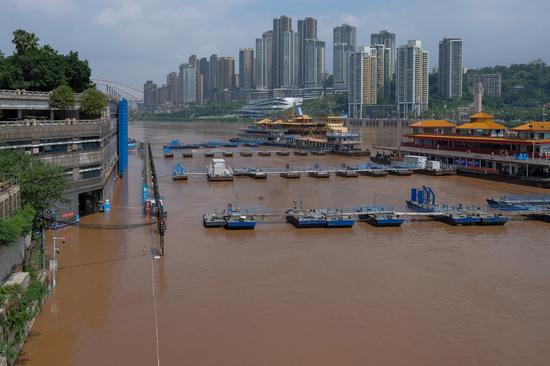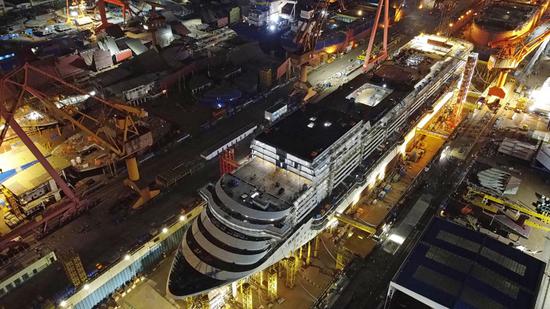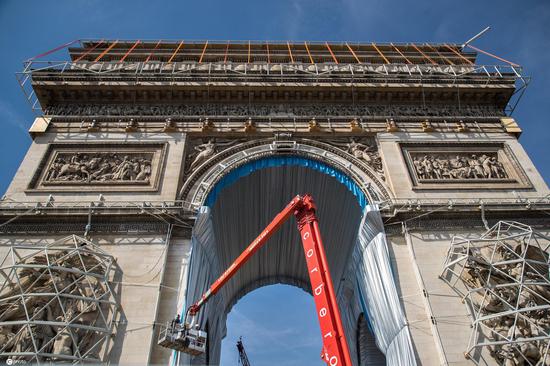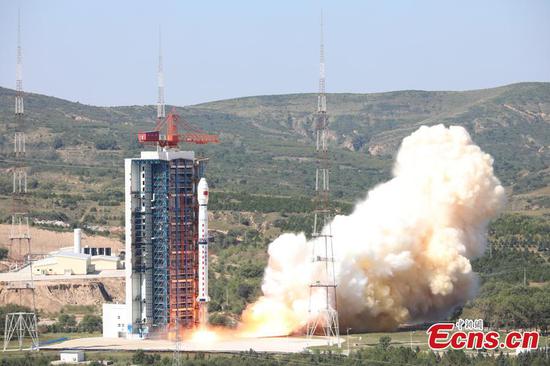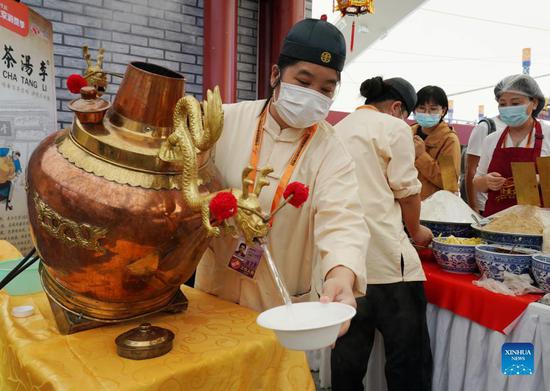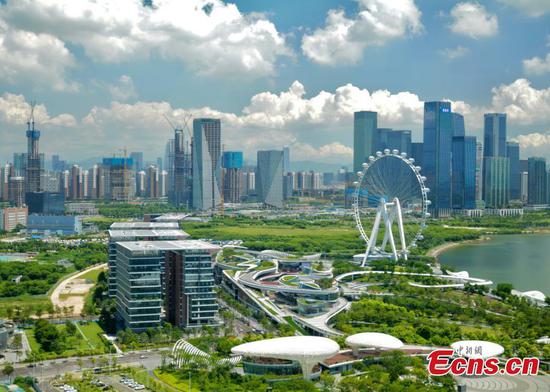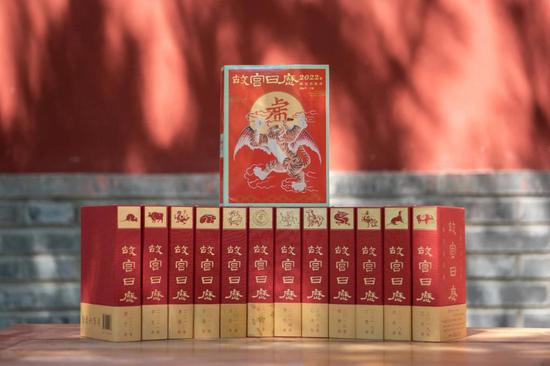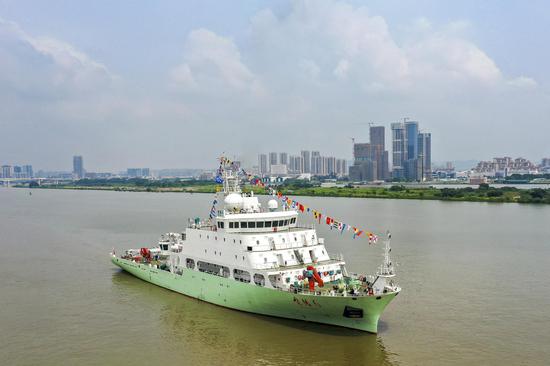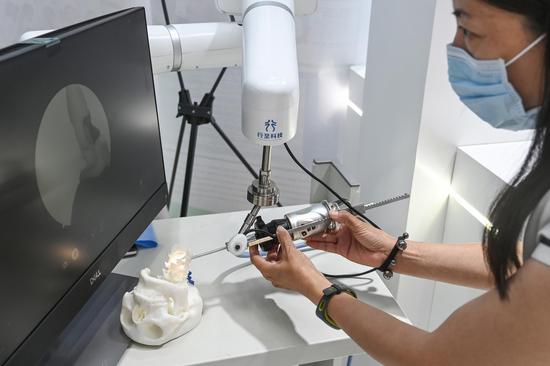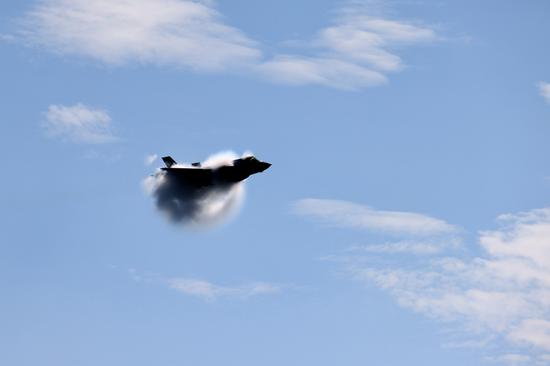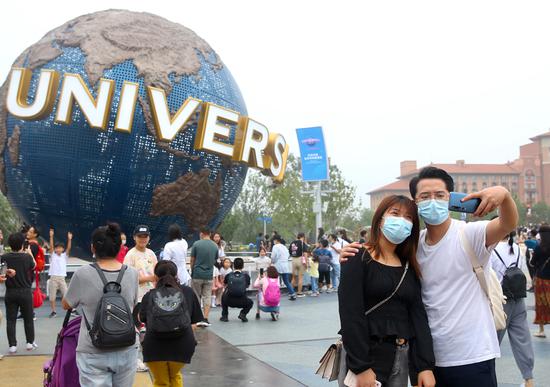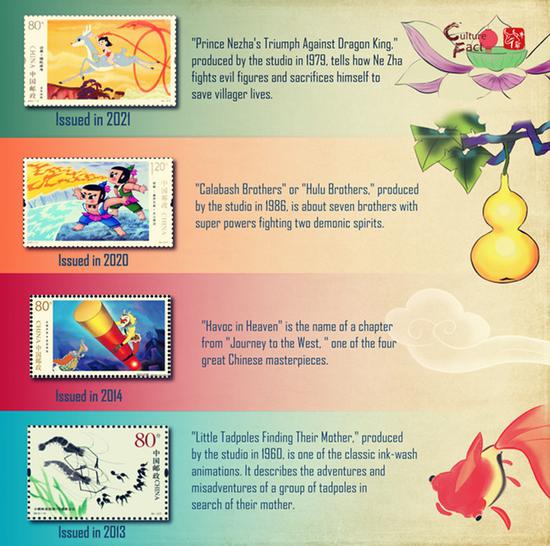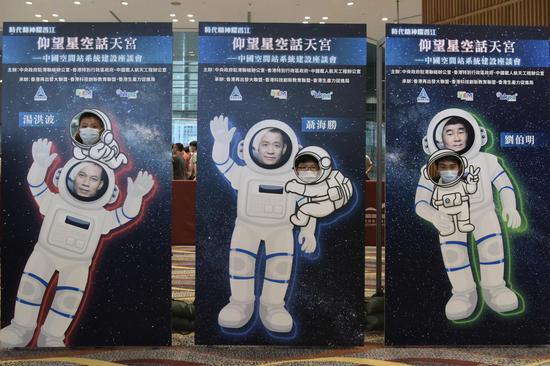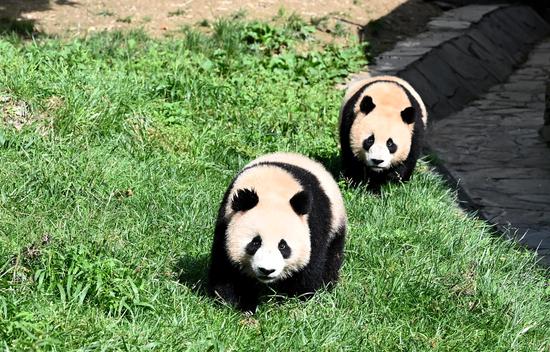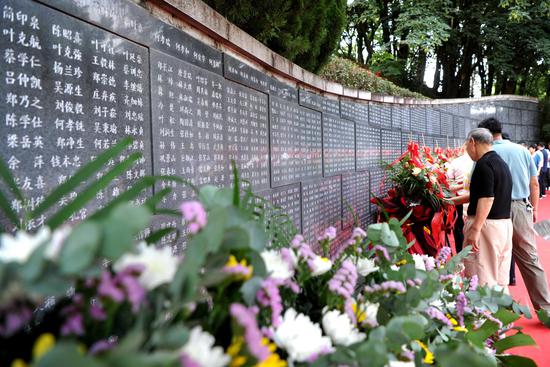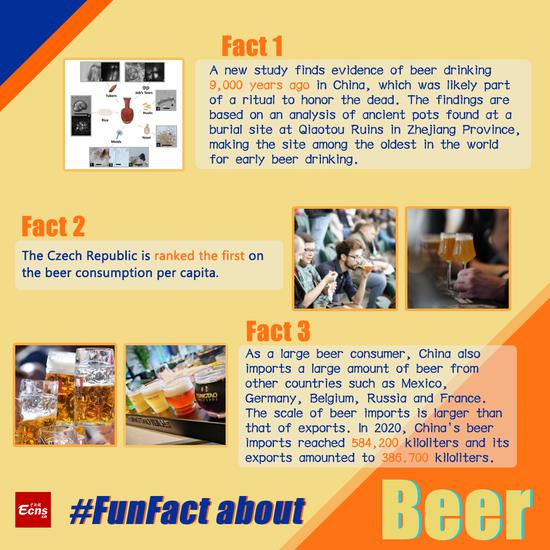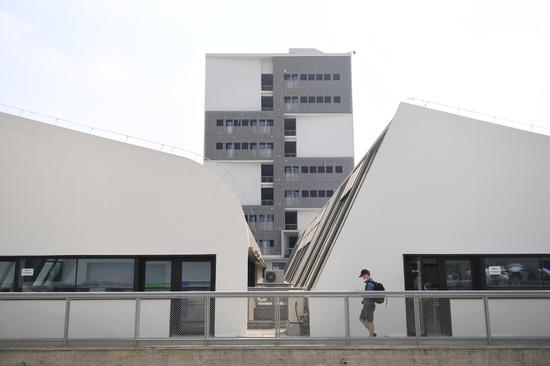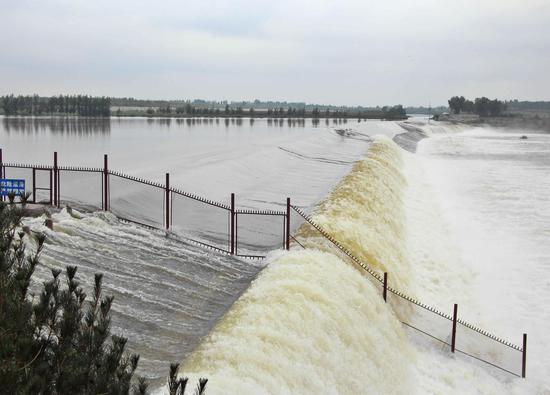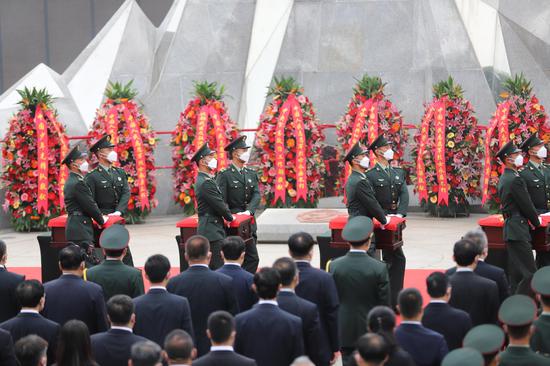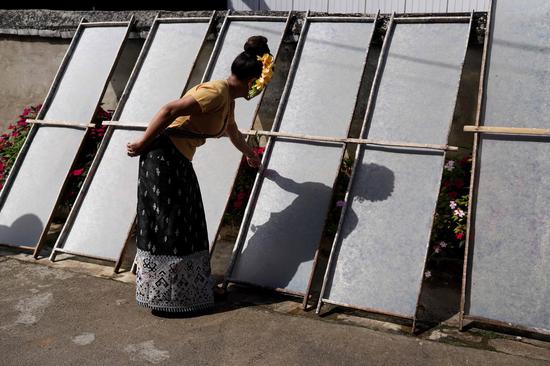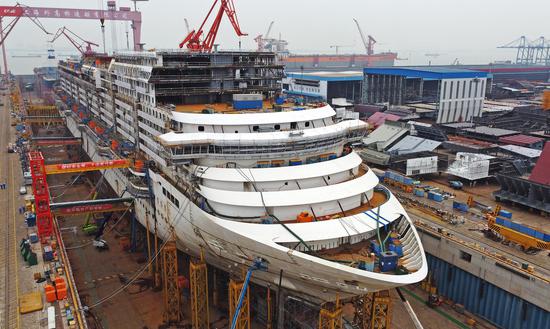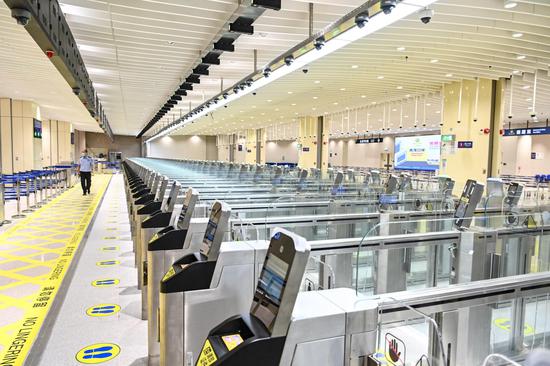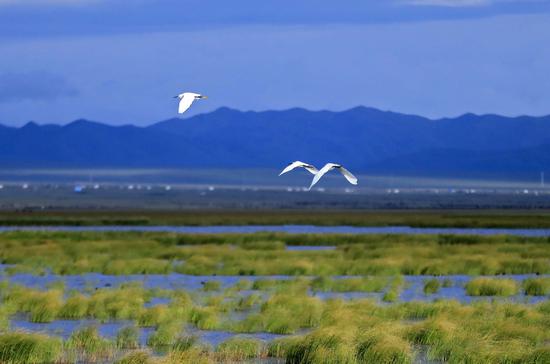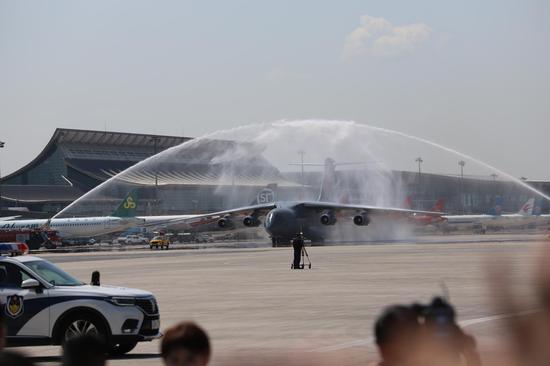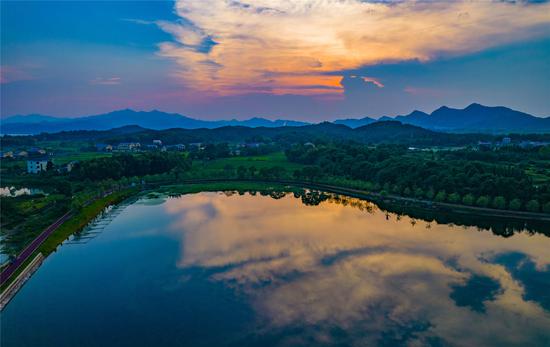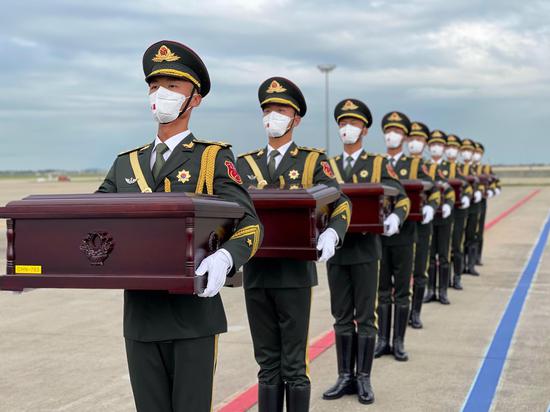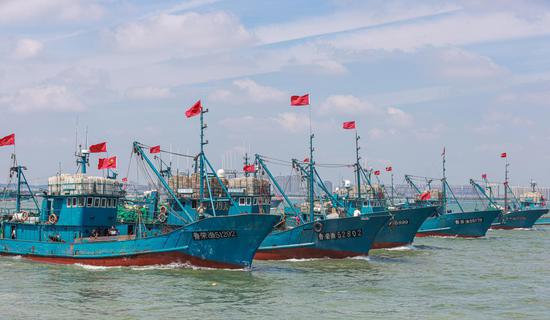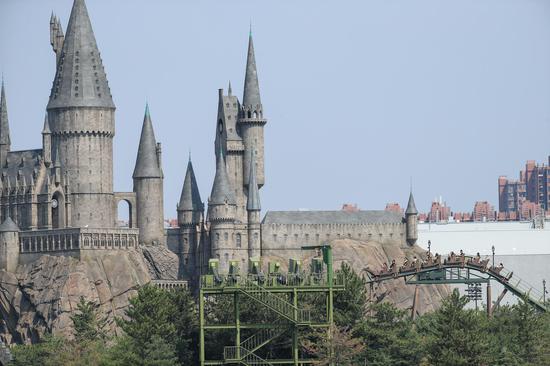Fully resolved
In June, KCIC spokesman Denny Yusdiana said, "We now expect all the work to be finished by the end of 2022 and for commercial operation to start immediately." All land clearance and environmental issues have been fully resolved, he added.
Yusdiana said work on the project included building four stations, elevated facilities, tunnels, and laying tracks.
Turning to the project's economic impact, Yusdiana said, "It will result in economic and business activities related to creative industries, the development of information about marketing agricultural products, and offer typical products from TOD(transit oriented development) locations."
He added that the project is expected to trigger growth for businesses along the new rail line.
In June, State Councilor and Foreign Minister Wang Yi and the visiting Indonesian president's special envoy Luhut Binsar Pandjaitan agreed on the project's scheduled completion. The agreement was reached at the inaugural meeting of the China-Indonesia High-Level Dialog Cooperation Mechanism in Guiyang, capital of Guizhou province.
The project was part of the all-around development of China-Indonesia relations discussed at the meeting.
Meanwhile, the erection of box girders, a highly complex part of the line, was completed on Aug 23, Xinhua News Agency quoted KCIC as saying.
Widodo's predecessor, Soesilo Bambang Yudhoyono, who ended his second five-year term in October 2014, initiated the project.
China saw off competition from Japan for the project tender launched by Widodo's government. The bidding was based on feasibility studies jointly conducted by Indonesia and the Japan International Corporation Agency on the 748-km Jakarta-Surabaya bullet train line, in addition to the Jakarta-Bandung line.
In July, West Java Governor Ridwan Kamil said the project would result in new towns being built in TOD areas such as Karawang, Walini and Tegalluar.
"Without such a line, these new towns would probably not be created, as it is not easy to attract investors," Kamil said.
He added that he was eyeing businesses relocating from China to Association of Southeast Asian Nations, or ASEAN, member states.








